
Lesser durability of COVID19 virus on aluminium surface makes it a more preferred metal than others
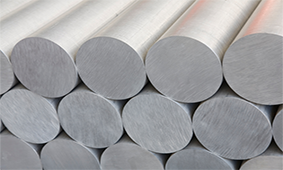
The more its impacts are being reported across the world, the more it is triggering investigation among medical sciences. Research says what worries the most is the virus’s high rate of contagion, as it can survive outside the human body, in the air, and on surfaces such as metal, glass, and plastics, if they are not properly disinfected.
It has been evident that human-to-human transmissions have an incubation time of 2 to 10 days, spreading through air droplets. But when these droplets reach surfaces, such as walls, clothing, furniture, or other objects, the virus behaves differently depending on the type of surface it lands on. On plastic and stainless steel surfaces, the virus lives for about 48 to 72 hours, while on copper, it dies after 4 hours and on aluminium after 2 to 8 hours. On glass or wood surfaces, the virus remains present for up to 4 days.
So, the various tests that have been run through the different metal surfaces indicate that aluminium has the least durability of COVID19 virus compared to other metal/material surfaces like copper, stainless steel, plastics, glass or wood. Thus, this makes aluminium a much more preferred and safe metal for the usage in this current situation.
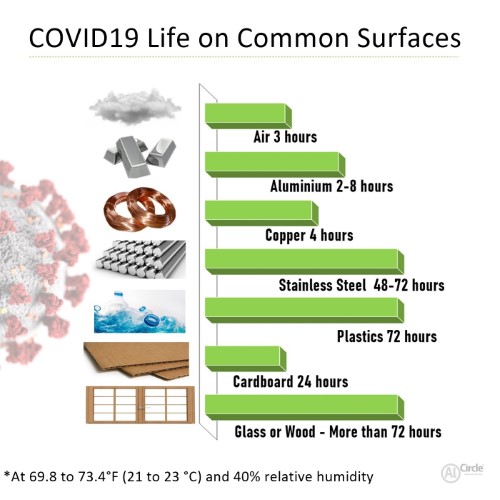
Many companies are exploring various ways as well to enhance the usage of the metal in this pandemic, making it safer for consumers. For instance, a start-up company A3 Surfaces, based in Saguenay, Quebec, has developed a ground-breaking technology that can transform aluminium products into antimicrobial surfaces capable of eliminating the risks of bacterial and viral disease transmission in a matter of seconds to a few minutes. Applying this technology in hospitals, public transports and other public areas that have used aluminium products can help prevent the next pandemic.
The company believes technology is expected to be a game changer in the near future that will make the prime aluminium a cleaner material to produce.


Gold price eases after Trump downplays clash with Fed chair Powell

Copper price hits new record as tariff deadline looms
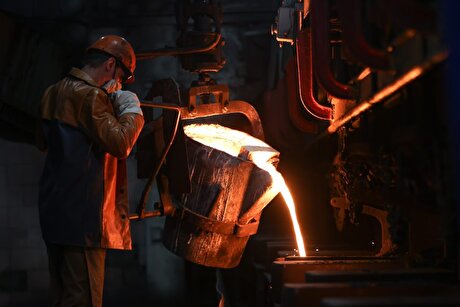
Brazil producers look to halt pig iron output as US tariff threat crimps demand

Three workers rescued after 60 hours trapped in Canada mine

Gold price could hit $4,000 by year-end, says Fidelity
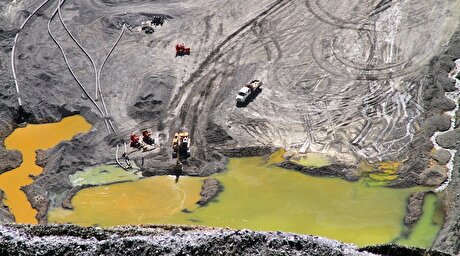
US targets mine waste to boost local critical minerals supply
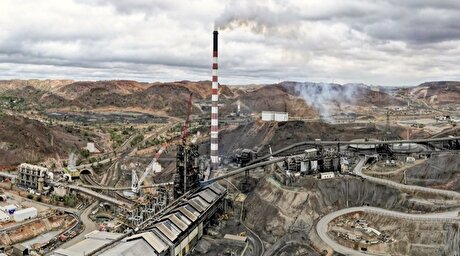
Glencore workers brace for layoffs on looming Mount Isa shutdown

Energy Fuels surges to 3-year high as it begins heavy rare earth production
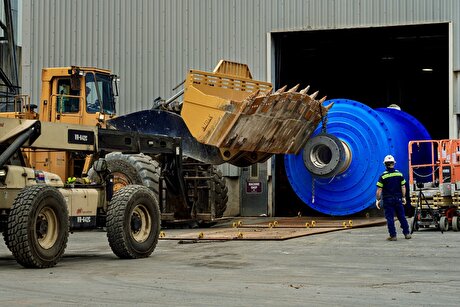
Titan Mining targets Q4 2025 to become only integrated US graphite producer

Kinross divests entire 12% stake in Yukon-focused White Gold

Gold price could hit $4,000 by year-end, says Fidelity

Southern Copper expects turmoil from US-China trade war to hit copper

Ramaco Resources secures five year permit for Brook rare earth mine in Wyoming

Column: EU’s pledge for $250 billion of US energy imports is delusional

Finland reclaims mining crown as Canada loses ground

Gold price down 1% on strong US economic data
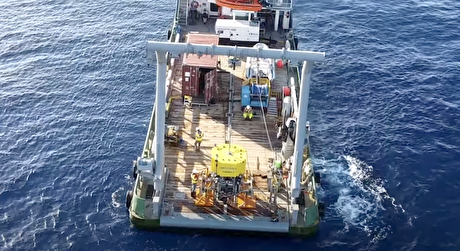
Trump’s deep-sea mining push defies treaties, stirs alarm

Chile’s 2025 vote puts mining sector’s future on the line

Gold price retreats to near 3-week low on US-EU trade deal

Gold price could hit $4,000 by year-end, says Fidelity

Southern Copper expects turmoil from US-China trade war to hit copper

Ramaco Resources secures five year permit for Brook rare earth mine in Wyoming

Column: EU’s pledge for $250 billion of US energy imports is delusional

Gold price down 1% on strong US economic data

Trump’s deep-sea mining push defies treaties, stirs alarm

Chile’s 2025 vote puts mining sector’s future on the line

Gold price retreats to near 3-week low on US-EU trade deal
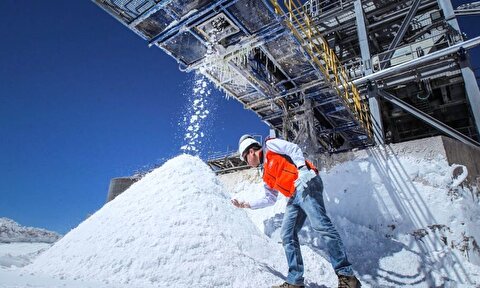
China’s lithium markets gripped by possible supply disruptions














